Are Artificial Flowers Bad Luck? Unveiling the Truth
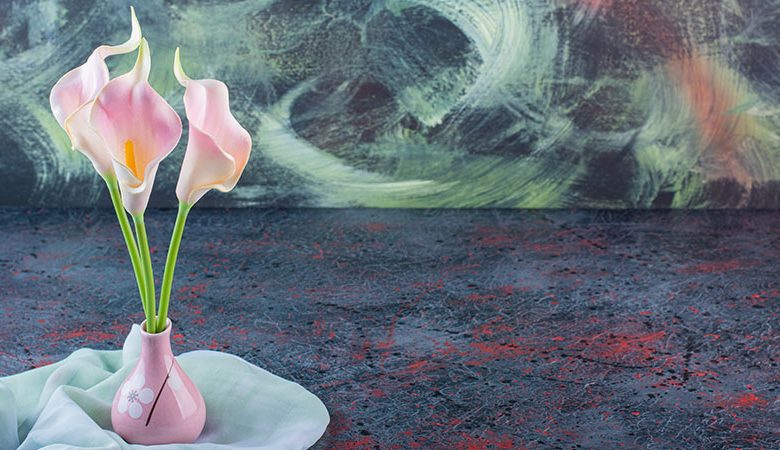
Have you ever wondered if are artificial flowers bad luck? The age-old superstition surrounding artificial flowers and their alleged association with bad luck has persisted for centuries. But is there any truth to this belief, or is it merely a myth? Let’s explore the topic and uncover the truth behind whether are artificial flowers bad luck.
The Myth of Artificial Flowers and Bad Luck
For generations, people have held the belief that are artificial flowers bad luck into the home. This superstition stems from various cultural traditions and folklore, where inanimate objects are imbued with symbolic meanings and associations.
In some cultures, artificial flowers are seen as lifeless imitations of real blooms, lacking the vitality and positive energy that living flowers purportedly bring.
This superstition has led to the avoidance of artificial flowers in various cultures and traditions, with some even considering them taboo. However, upon closer examination, it becomes evident that this superstition lacks empirical evidence and scientific basis. It’s time to address the superstition: Are artificial flowers bad luck?
Read More: Are Artificial Flowers Toxic? A Comprehensive Guide
Cultural Traditions
- Generational Beliefs: The idea that artificial flowers are bad luck is often perpetuated by generational beliefs and superstitions passed down from ancestors.
- Cultural Interpretations: Different cultures may have varying interpretations of artificial flowers, with some associating them with death or mourning, while others view them as symbols of artificiality or insincerity.
Psychological Conditioning
- Social Influence: People’s belief in the bad luck of artificial flowers may stem from social influence and reinforcement, where individuals are taught to fear or avoid them based on cultural norms.
- Confirmation Bias: Once the belief is established, individuals may selectively notice instances that confirm their belief while ignoring evidence to the contrary, reinforcing the superstition.
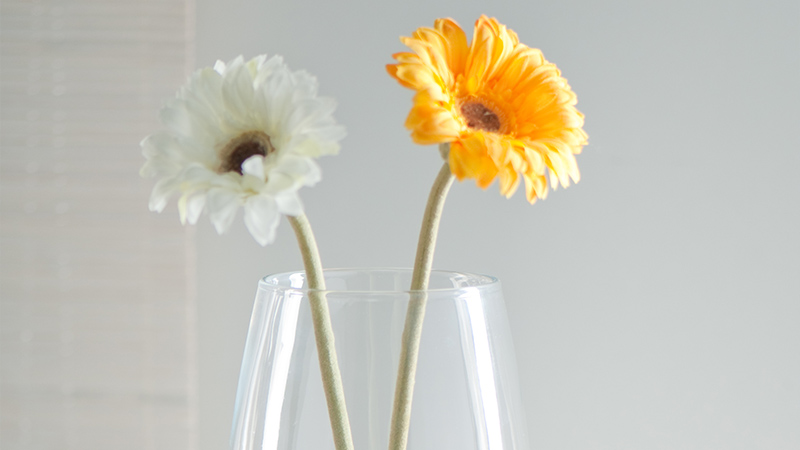
Historical Context
- Ritualistic Use: In ancient times, artificial flowers were often used in rituals or ceremonies associated with death and mourning, leading to their association with negative energy and superstition.
- Evolution of Beliefs: Over time, historical practices and beliefs surrounding artificial flowers may have evolved and been misinterpreted, contributing to the belief in their bad luck.
Modern Perspectives
- Changing Attitudes: In today’s modern society, attitudes towards artificial flowers are evolving, with many people recognizing them as practical and aesthetically pleasing decorative items.
- Scientific Inquiry: As society becomes more rational and science-oriented, superstitions surrounding artificial flowers gradually fade away as people question their validity and relevance.
While the belief that are artificial flowers bad luck may persist in some cultures and traditions, it’s important to approach it with critical thinking and skepticism.
By questioning the origins and validity of this superstition, we can empower ourselves to make informed choices about incorporating artificial flowers into our lives without fear of attracting negative energy or misfortune. If you’re curious about the answer, are artificial flowers bad luck, keep reading.
Read More: Are Artificial Flowers Tacky? A Comprehensive Analysis
Debunking the Myth: Are Artificial Flowers Bad Luck?
Despite the pervasive belief in superstition, there is no empirical evidence to support the notion that are artificial flowers bad luck. In fact, the idea that inanimate objects can influence luck or fortune is more a product of cultural beliefs and personal superstitions than any scientific reasoning.
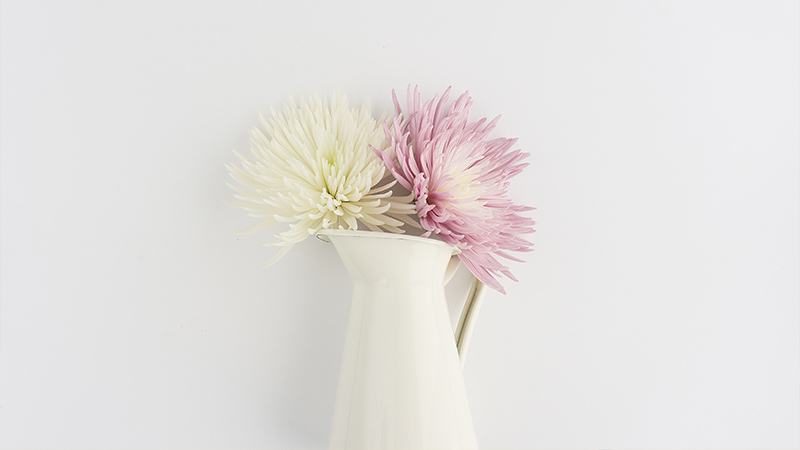
It’s time to debunk the myth: Are artificial flowers bad luck? Let’s take a closer look at the belief that are artificial flowers bad luck and examine the evidence that debunks this superstition:
- Scientific Reasoning: From a scientific perspective, there is no logical explanation for why artificial flowers would bring bad luck. They are simply decorative items made from synthetic materials and lack any inherent properties that could influence luck or fortune.
- Cultural Influence: The belief in the bad luck of artificial flowers is often perpetuated by cultural traditions and superstitions rather than objective reasoning. While some cultures may associate artificial flowers with negative energy or bad luck, these beliefs are subjective and not based on scientific evidence.
- Psychological Impact: People’s belief in the bad luck of artificial flowers may be influenced by psychological factors such as confirmation bias and social reinforcement. When individuals are repeatedly told or taught that are artificial flowers bad luck, they may internalize this belief and perceive it as truth without questioning its validity.
- Personal Experience: Some individuals may attribute negative events or experiences to the presence of artificial flowers in their home, reinforcing their belief in the superstition. However, it’s essential to recognize that correlation does not imply causation, and there may be other factors at play.
- Logical Analysis: When we logically analyze the concept of artificial flowers bringing bad luck, we find that there is no rational basis for this belief. Artificial flowers are inanimate objects incapable of influencing luck or fortune in any meaningful way. – From a logical standpoint, artificial flowers are simply decorative items made from synthetic materials, incapable of bestowing luck or misfortune upon their surroundings. Any perceived negative energy associated with artificial flowers is likely a result of psychological conditioning rather than any inherent properties of the flowers themselves.
- Changing Perspectives: As society becomes more rational and science-oriented, attitudes towards superstitions surrounding artificial flowers may gradually shift. People are increasingly questioning traditional beliefs and superstitions, opting for more evidence-based approaches to understanding the world around them.
The belief that are artificial flowers bad luck is not supported by scientific evidence or logical reasoning. While superstitions may persist in some cultures and traditions, it’s essential to approach them with skepticism and critical thinking.
By debunking this myth, we can empower ourselves to make informed choices about incorporating artificial flowers into our lives without fear of attracting negative energy or misfortune.
Read More: How Artificial Flowers Are Made: A Step-by-Step Guide
The Truth About Artificial Flowers and Feng Shui
In the practice of Feng Shui, the arrangement of objects in a space is believed to affect the flow of energy, or chi, within that environment. While some may believe that artificial flowers disrupt this energy flow and bring negative energy into a space, there is no definitive evidence to support this notion.
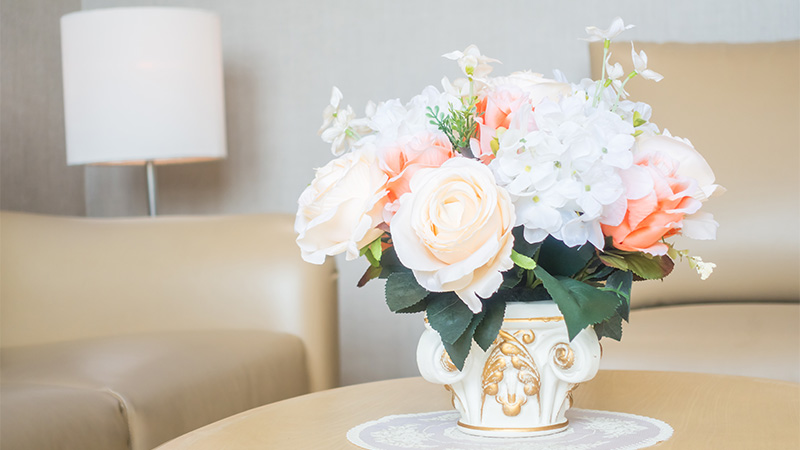
Contrary to the belief that artificial flowers are inherently bad Feng Shui, their impact on the energy flow of space ultimately depends on how they are used and integrated into the overall design.
Read More: How to Clean Artificial Flowers in a Vase: A Simple Guide for Lasting Beauty
When selected and placed thoughtfully, artificial flowers can enhance the aesthetics and ambiance of a room without disrupting its Feng Shui.
Artificial flowers can be incorporated into a Feng Shui design in a way that enhances the overall harmony and balance of a space. By choosing high-quality artificial flowers that closely resemble their real counterparts, and placing them strategically to complement the surrounding elements, artificial flowers can contribute positively to the energy flow within a room.
Incorporating artificial flowers into a Feng Shui design allows individuals to enjoy the beauty of greenery without the maintenance requirements of real flowers. This can be particularly beneficial in areas where natural light is limited or where real flowers may struggle to thrive.
The Psychological Impact of Superstitions
Superstitions, such as the belief in the bad luck of artificial flowers, can have a profound psychological impact on individuals. People may feel anxious or uneasy about having artificial flowers in their homes, fearing that they will attract negative energy or misfortune.
However, it’s important to recognize that these beliefs are often unfounded and based on cultural myths rather than empirical evidence.
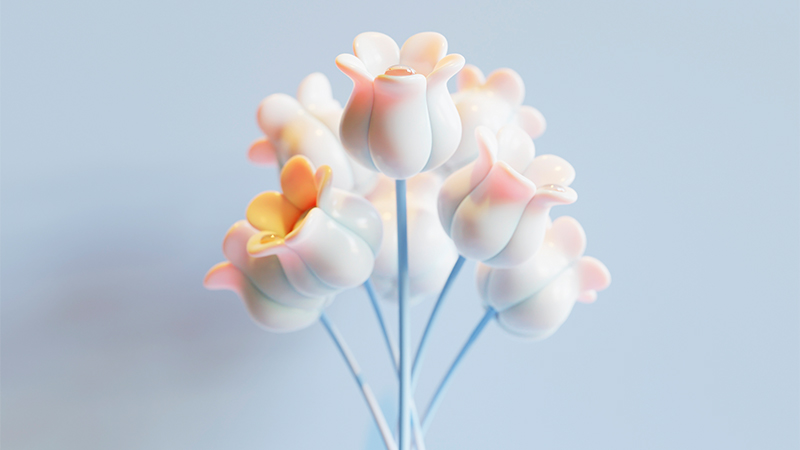
Let’s explore how superstitions, such as the belief that are artificial flowers bad luck, can impact individuals psychologically:
- Anxiety and Fear: People who believe in superstitions may experience anxiety or fear when confronted with situations that challenge their beliefs. For example, individuals who believe that artificial flowers are bad luck may feel uneasy or apprehensive about having them in their homes, fearing negative consequences.
- Confirmation Bias: Confirmation bias occurs when individuals selectively interpret information that confirms their preexisting beliefs while ignoring or dismissing evidence that contradicts them. People who believe that are artificial flowers bad luck may interpret any negative events or experiences as confirmation of their belief, reinforcing their superstition.
- Social Reinforcement: Superstitions are often reinforced through social interactions and cultural norms. When individuals are surrounded by others who share the same belief, they may feel pressured to conform and adopt the superstition themselves. This social reinforcement can further solidify the belief that artificial flowers are bad luck.
- Cognitive Dissonance: Cognitive dissonance occurs when individuals experience discomfort or tension when their beliefs or attitudes conflict with their behaviors. For example, someone who believes that are artificial flowers bad luck may experience cognitive dissonance if they find themselves enjoying the presence of artificial flowers despite their belief.
- Empowerment Through Knowledge: By understanding the psychological mechanisms behind superstitions, individuals can empower themselves to challenge and overcome irrational beliefs. By questioning the validity of superstitions like the belief that are artificial flowers bad luck, people can adopt a more rational and evidence-based approach to decision-making.
- Coping Mechanisms: Developing coping mechanisms, such as mindfulness techniques or cognitive behavioral therapy, can help individuals manage anxiety and overcome irrational beliefs. By recognizing that superstitions like the belief in the bad luck of artificial flowers are based on unfounded fears rather than reality, people can learn to confront and overcome their superstitions.
Superstitions like the belief that are artificial flowers bad luck can have a significant psychological impact on individuals, leading to anxiety, confirmation bias, and social reinforcement.
However, by understanding the underlying mechanisms behind superstitions and developing coping mechanisms to manage them, individuals can empower themselves to challenge and overcome irrational beliefs.
Read More: Where to Buy Artificial Flowers in NYC? The Ultimate Guide
Changing Perspectives: Embracing Artificial Flowers
As society becomes more modern and rational, attitudes towards superstitions are gradually changing. Many people now view artificial flowers as practical and convenient alternatives to real flowers, appreciating their long-lasting beauty and low maintenance. Rather than focusing on superstitions, they prioritize aesthetics and functionality when choosing home decor items.
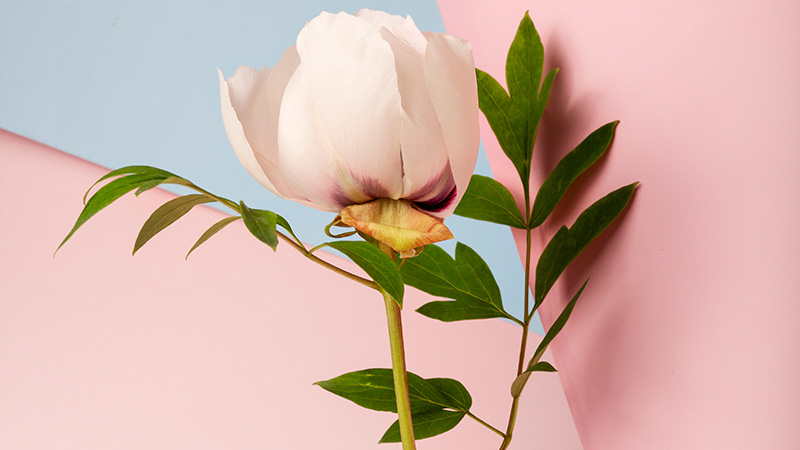
Let’s explore how attitudes towards artificial flowers are evolving and why more people are embracing them despite the belief that are artificial flowers bad luck:
- Practicality and Convenience: One reason for the increasing acceptance of artificial flowers is their practicality and convenience. Unlike real flowers, which require regular watering and maintenance, artificial flowers require minimal upkeep and can last indefinitely. This makes them an attractive option for busy individuals who want to enjoy the beauty of flowers without the hassle of caring for live flowers.
- Aesthetics and Versatility: Artificial flowers come in a wide range of colors, shapes, and styles, allowing for endless creativity and customization in home decor. Whether used in floral arrangements, wreaths, or centerpieces, artificial flowers can add a touch of elegance and charm to any space. Their versatility makes them suitable for various occasions and settings, from weddings and parties to everyday home decor.
- Longevity and Durability: Unlike real flowers, which wilt and fade over time, artificial flowers retain their beauty and vibrancy indefinitely. This longevity and durability make them a cost-effective investment, as they can be reused and enjoyed for years to come. Additionally, artificial flowers are not affected by seasonal changes or adverse weather conditions, allowing for year-round enjoyment regardless of the environment.
- Environmental Considerations: In today’s environmentally conscious society, many people are opting for artificial flowers as a sustainable alternative to real blooms. Artificial flowers require no water, pesticides, or fertilizers to maintain, reducing the environmental impact associated with traditional flower cultivation and transportation. Additionally, choosing high-quality artificial flowers made from eco-friendly materials further minimizes their environmental footprint.
- Personal Preference: Ultimately, the decision to embrace artificial flowers comes down to personal preference and individual taste. While some may still hold onto the belief that are artificial flowers bad luck, many others are choosing to prioritize aesthetics, practicality, and sustainability when selecting home decor items. By focusing on what brings joy and beauty into their lives, people are embracing artificial flowers despite any lingering superstitions.
Today, we’re uncovering the truth: Are artificial flowers bad luck? Attitudes towards artificial flowers are changing as more people recognize their practicality, aesthetics, and environmental benefits.
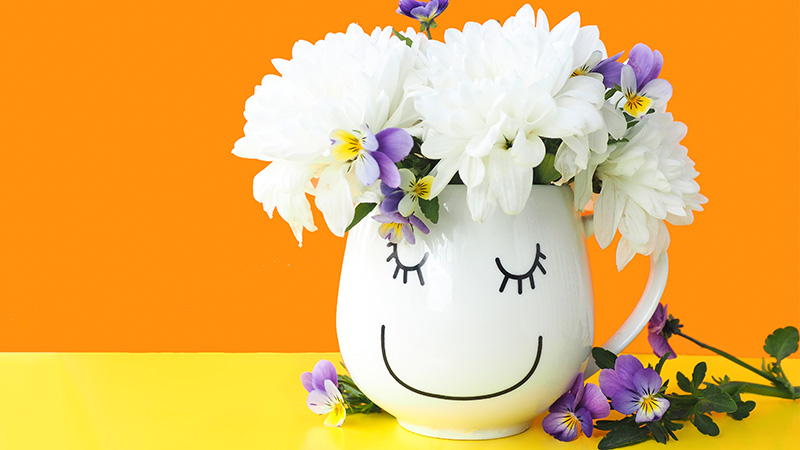
Despite the belief that are artificial flowers bad luck, many individuals are choosing to embrace them as versatile, long-lasting, and sustainable alternatives to real blooms. By prioritizing personal preference and practical considerations, people are redefining the role of artificial flowers in home decor and events.
Final Thoughts: Are Artificial Flowers Bad Luck?
In conclusion, the belief that are artificial flowers bad luck is a superstition rooted in cultural tradition rather than reality. While some may still hold onto this belief, it’s essential to approach it with skepticism and critical thinking. Let’s put the myth to rest: Are artificial flowers bad luck?
By unveiling the truth behind this superstition, are artificial flowers bad luck, we empower readers to make informed choices about incorporating artificial flowers into their homes or events without being swayed by unfounded beliefs. As long as they bring joy and beauty to your home, there’s no reason to fear any supposed bad luck they may bring.

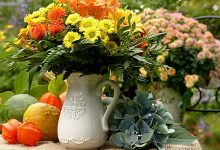
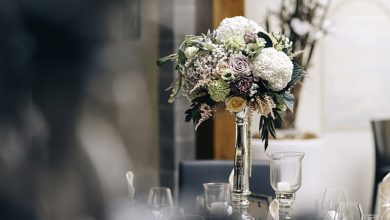
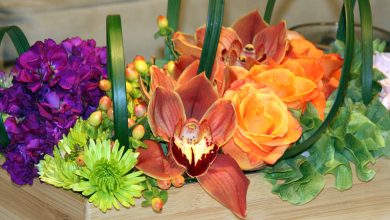
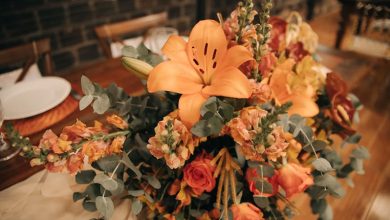
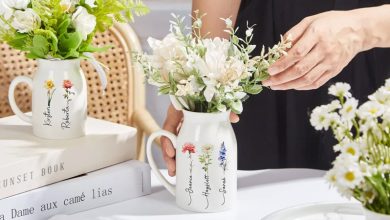
magnificent post, very informative. I wonder why the other experts of this sector do not notice this. You must continue your writing. I’m confident, you have a great readers’ base already!
Woah! I’m really digging the template/theme of this website. It’s simple, yet effective. A lot of times it’s challenging to get that “perfect balance” between user friendliness and visual appeal. I must say that you’ve done a awesome job with this. Additionally, the blog loads super fast for me on Opera. Outstanding Blog!